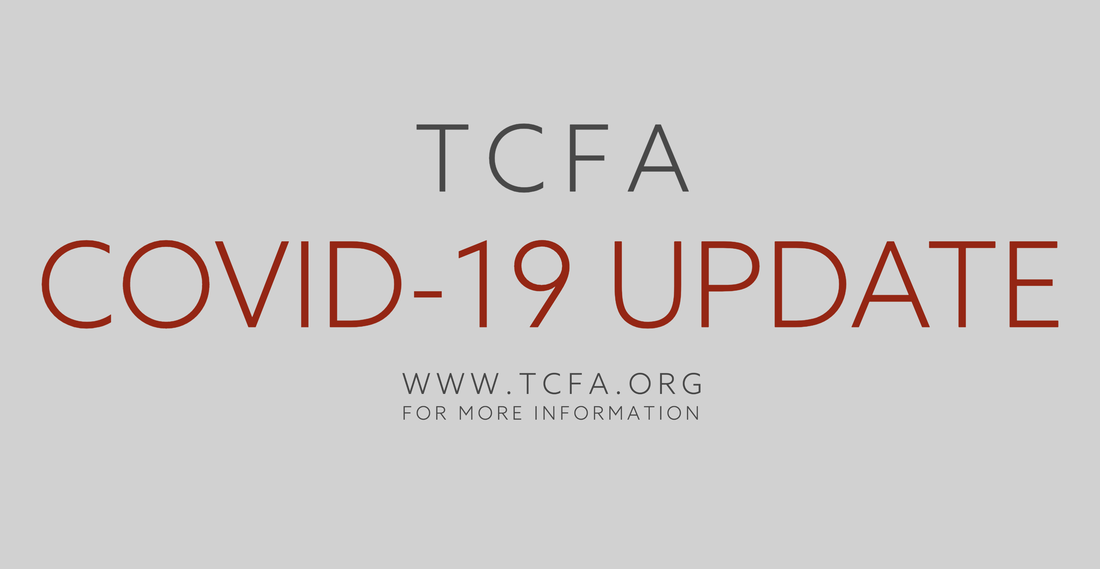TCFA News
Ongoing efforts to keep you informed on news surrounding the beef industry and COVID-19.
May 13, 2020
May 12, 2020
May 7, 2020
May 5, 2020
May 4, 2020
April 28, 2020
April 24, 2020
April 23, 2020
April 18, 2020
April 16, 2020
April 14, 2020
April 7, 2020
April 6, 2020
April 1, 2020
March 31, 2020
March 30, 2020
March 27, 2020
March 24, 2020
March 22, 2020
March 20, 2020
12 Comments
As per the latest numbers by John Hopkins University, which is tracking the coronavirus cases across the globe, over 1.3 million positive cases have been reported by the 7th of April 2020 with 78,269 causalities. 292,467 people globally have recovered from the disease as of now.
Reply
Peggy Keeler
5/13/2020 07:13:14 pm
Are there any cattle that have died from Covid-19?
Reply
10/7/2022 01:40:48 pm
This would prevent agricultural operations from shutting down should the governor consider a state lockdown or advise local governments on similar proposals. Thank you for the beautiful post!
Reply
2/20/2023 12:37:11 am
Nice article Thanks for sharing this informative post, Keep posting!
Reply
7/25/2023 01:57:18 am
Thanks for the COVID-19 update! It's always good to stay informed about the latest developments and safety measures. Keep up the good work in keeping the community informed!
Reply
12/19/2023 06:33:05 pm
It's reassuring to see the Texas Cattle Feeders Association taking proactive steps to keep its members informed during these uncertain times. The recent update on the Paycheck Protection Program (PPP) clarification is of particular interest. The extension of the automatic safe harbor for borrowers with loans less than $2 million provides some relief to smaller businesses in the beef industry.
Reply
12/26/2023 03:00:58 am
I'm so grateful for TCFA's commitment to keeping us updated on the latest news regarding the beef industry and COVID-19. This recent clarification from the SBA regarding PPP loans under $2 million is a significant step forward. It helps alleviate some of the stress and uncertainty that many of us have been experiencing.
Reply
GET A LOAN
4/19/2024 08:40:20 pm
GET A LOAN FROM US
Reply
Introducing Sure Bridge Loan Firm, your trusted partner for fast and affordable loans. With only 2 percent interest, we offer fast and flexible financing solutions to help you bridge the gap between transactions. Whether you are a real estate investor, business owner, or an individual in need of short-term financing, we have you covered. Contact us today at [email protected] and experience the safe and secure way to secure your financial bridge.
Reply
Leave a Reply. |
Categories
All
Archives
June 2024
|
About TCFA |
Get Involved |
|

